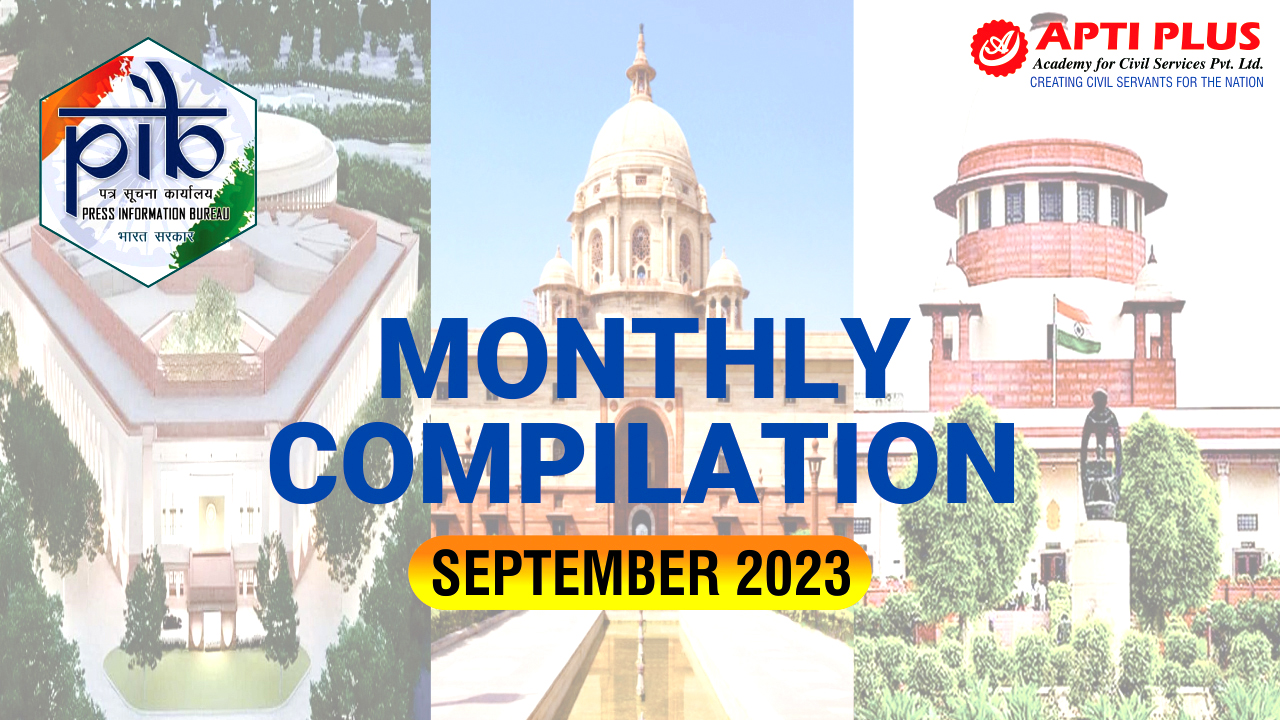GLOBAL TAX EVASION REPORT 2024

Copyright infringement not intended
Picture Courtesy: blogs.worldbank.org
Context: The European Union Tax Observatory's 2024 report highlights the urgent need for a global minimum tax of 2% on billionaires' wealth, aiming to combat tax evasion and generate significant revenue, approximately $250 billion, from fewer than 3,000 individuals.
Key findings of the 'Global Tax Evasion Report 2024'
|
Tax Evasion by Billionaires |
●The report begins by highlighting the alarming extent of tax evasion among billionaires. Many billionaires have managed to enjoy incredibly low effective tax rates, as low as 0% to 0.5% of their total wealth. ●This evasion has significant implications for government revenues, as these individuals are not contributing their fair share to public funds. |
|
Proposal for Global Minimum Tax |
●To combat tax evasion, the report proposes a global minimum tax of 2% on billionaires' wealth. Despite the seemingly low rate, it's justified by the consistent growth of billionaire wealth, averaging 7% annually since 1995 (adjusted for inflation). ●The proposal aims to generate substantial revenue, estimated at nearly $250 billion from fewer than 3,000 individuals. |
|
Successes and Challenges in International Efforts |
●The report acknowledges the success of international efforts, particularly the automatic exchange of bank information. This measure has significantly reduced offshore tax evasion over the past decade, cutting it down by a factor of three. However, challenges persist. ●Some offshore financial institutions still avoid compliance due to fear of losing customers and lack of penalties for non-compliance. |
|
Loopholes in Global Minimum Tax for MNCs |
●The report expresses disappointment regarding the global minimum tax of 15% on multinational corporations (MNCs). Initially, it was expected to increase global tax revenues by 10%. However, a growing list of loopholes has significantly reduced the expected revenues. ●One concerning trend highlighted is the 'greenwashing' of taxes. MNCs exploit 'green' tax credits meant for low carbon transition to lower their effective tax rates below the mandated 15%. |
|
Aggressive Tax Competition and Preferential Regimes |
●Report points out the rise of preferential tax regimes targeting wealthy foreign individuals. ●These regimes offer tax exemptions or reductions to incoming residents while maintaining the standard income tax rates for domestic taxpayers. This creates negative spillover effects, weakening overall tax collection as governments willingly forgo revenues. |
|
Recommendations for Reform |
●The report calls for the expansion of assets covered under the automatic exchange of information systems. This expansion would help catch assets that are currently slipping through the cracks. ●It emphasizes the urgency of closing the loopholes in the global minimum tax framework, particularly those related to environmental credits, to ensure fair and effective taxation. |
Conclusion
- The report underscores the need for comprehensive international tax reforms, including implementing a minimum tax on billionaires, closing tax evasion loopholes, and addressing preferential tax regimes, to ensure fair taxation and prevent revenue losses due to tax evasion.
|
PRACTICE QUESTION Q. What are the major challenges faced in combating tax evasion globally, and what strategies can be employed to effectively address these issues and ensure fair and transparent taxation? |




1.png)
